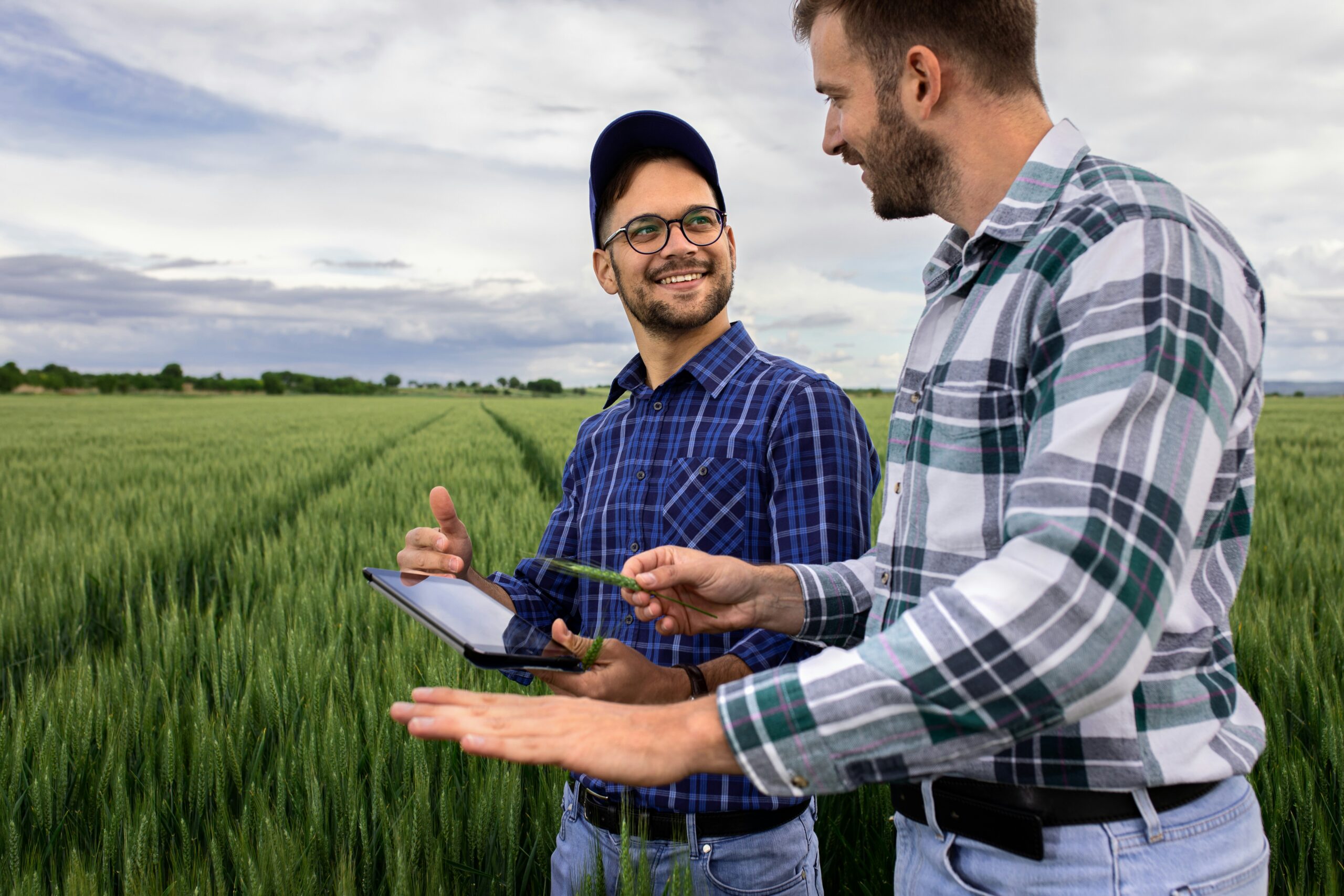
Agriculture has always been the backbone of human civilization, providing sustenance and stability to societies around the globe. Over the centuries, technological advancements have steadily improved farming techniques, from mechanized plows to irrigation systems. Today, agriculture is undergoing a profound transformation fueled by cutting-edge technologies such as drones, data analytics, artificial intelligence, and automation. These innovations are reshaping how we grow food and addressing pressing challenges like climate change, resource scarcity, and population growth.
The Rise of Smart Farming
One of the most significant developments in modern agriculture is the emergence of smart farming, where technology and data-driven solutions are integrated into traditional farming practices. At its core, smart agriculture is about optimizing efficiency and sustainability. Farmers can now access tools to precisely monitor crop health, soil conditions, and weather patterns.
For instance, precision agriculture leverages GPS technology, sensors, and satellite imagery to ensure crops receive water, nutrients, and protection at the right time. This targeted approach maximizes yields and minimizes waste, reducing the environmental impact of farming activities. Smart farming also enables better decision-making, allowing farmers to respond quickly to changing conditions and improve overall productivity.
Drones: The Eyes in the Sky
Drones have emerged as game-changers in agriculture, offering farmers a bird’ s-eye view of their fields and enabling them to gather valuable insights. With high-resolution cameras and sensors, drones can quickly survey large farmland areas, capturing detailed images and data that reveal crop health, pest infestations, and irrigation needs.
This aerial perspective eliminates the guesswork that often accompanies traditional farming methods. By analyzing drone data, farmers can identify areas that require attention and implement targeted interventions, such as applying fertilizers or pesticides only where needed. Additionally, drones are increasingly used for planting seeds, spraying crops, and monitoring livestock, making them an indispensable tool in modern farming operations.
The Role of Data Analytics
The agricultural sector is now embracing the power of big data, which involves collecting and analyzing vast amounts of information to uncover trends and patterns. Data analytics has revolutionized how farmers plan, monitor, and manage their operations. By combining data from various sources—such as weather forecasts, soil tests, and satellite imagery—farmers can gain actionable insights that drive more intelligent decisions.
For example, predictive analytics allows farmers to anticipate potential problems before they occur, such as droughts, pest outbreaks, or diseases. This proactive approach helps mitigate risks and ensures crops remain healthy throughout the growing season. Furthermore, data-driven solutions enable better resource management, ensuring that water, fertilizers, and energy are used efficiently.
Artificial Intelligence in Agriculture
Artificial intelligence (AI) is another transformative force in agriculture, enabling machines to learn and adapt to complex farming challenges. AI-powered tools are being used to automate routine tasks, such as planting, weeding, and harvesting, reducing the need for manual labor and increasing operational efficiency.
One notable application of AI in agriculture is computer vision technology, which analyzes images and detects issues like pest infestations or nutrient deficiencies. These systems can process vast amounts of data in real-time, providing farmers with instant feedback and recommendations. Additionally, AI-powered chatbots and virtual assistants are helping farmers easily access valuable information, such as market prices and weather updates.
Automation: The Future of Farming
Automation is paving the way for the next era of agriculture. Where advanced machinery and robotics take on an increasing share of farm work. Autonomous tractors, harvesters, and drones are already making their way into fields, performing tasks precisely and efficiently.
These machines have sensors, cameras, and AI algorithms that allow them to navigate and operate without human intervention. For example, self-driving tractors can plow, seed, and fertilize fields with remarkable accuracy. While robotic harvesters can pick fruits and vegetables without causing damage. Automation saves time and labor costs and ensures consistent quality in farming operations.
Sustainability Through Technology
As the global population continues to grow, the demand for food is projected to increase significantly in the coming decades. At the same time, agriculture faces mounting pressure to reduce its environmental footprint and conserve natural resources. Technology is crucial in addressing these challenges by promoting sustainable farming practices.
Precision agriculture, for instance, reduces water usage and minimizes the application of chemicals, protecting ecosystems and preserving soil health. Similarly, vertical farming and hydroponics allow crops to be grown in controlled environments, reducing the need for arable land and water. These sustainable solutions enhance food security and contribute to the fight against climate change.
Overcoming Challenges
Despite the immense potential of cutting-edge technologies, adopting these tools is not without challenges. High costs, lack of technical knowledge, and limited access to infrastructure can pose barriers for small-scale farmers, particularly in developing countries. Bridging this gap requires concerted efforts from governments, private companies, and research institutions to ensure that technological advancements are accessible and affordable for all.
Additionally, data privacy and cybersecurity concerns must be addressed. As the increasing digitization of agriculture raises the risk of data breaches and misuse. Establishing robust policies and safeguards will build trust and protect farmers’ interests.
The Road Ahead
Integrating cutting-edge technology into agriculture marks a turning point for the industry. Offering unprecedented opportunities to improve efficiency, sustainability, and resilience. From drones and data analytics to AI and automation, these innovations are transforming farming into a high-tech enterprise capable of meeting the challenges of the 21st century.
As technology continues to evolve, the future of agriculture looks promising. By embracing these advancements, farmers can ensure a more secure and sustainable food supply for generations. The journey from traditional farming to a technology-driven industry is just beginning, and the possibilities are limitless.